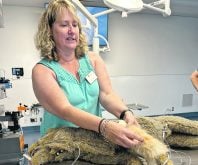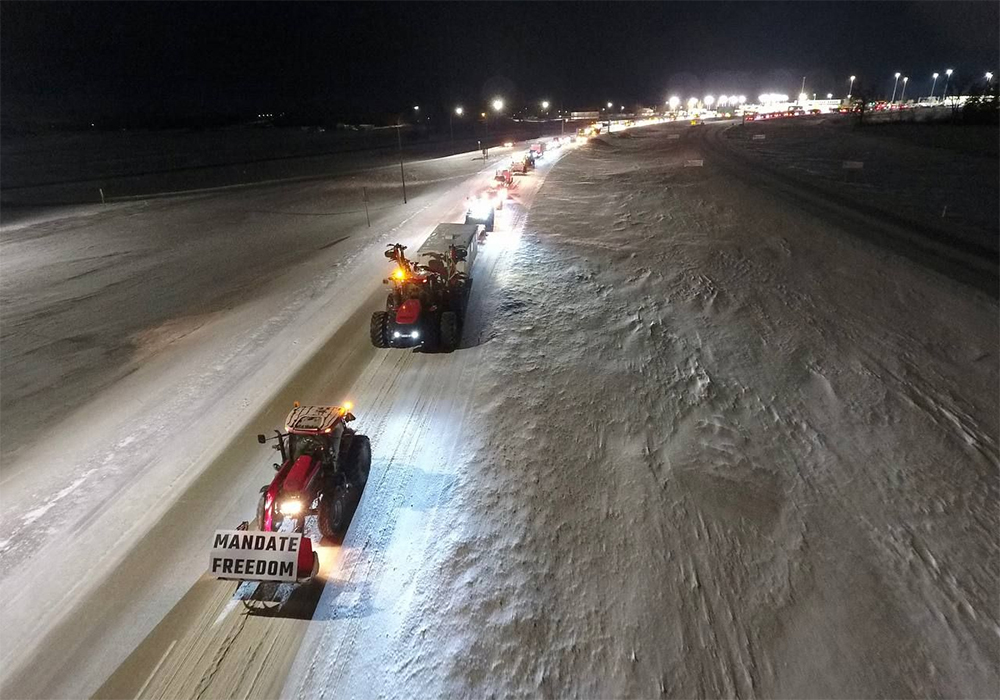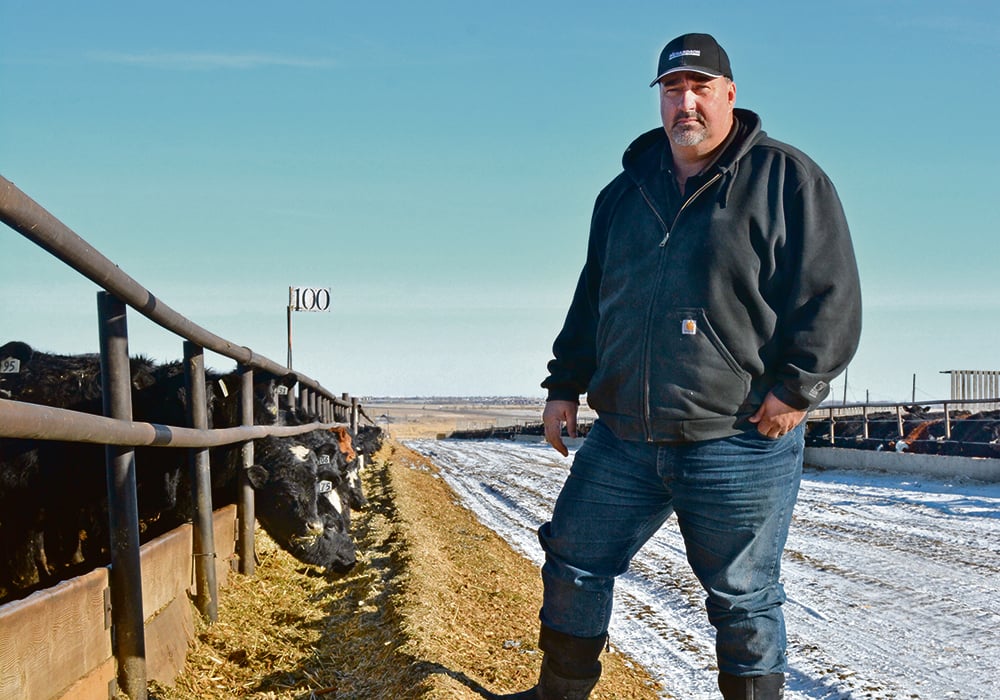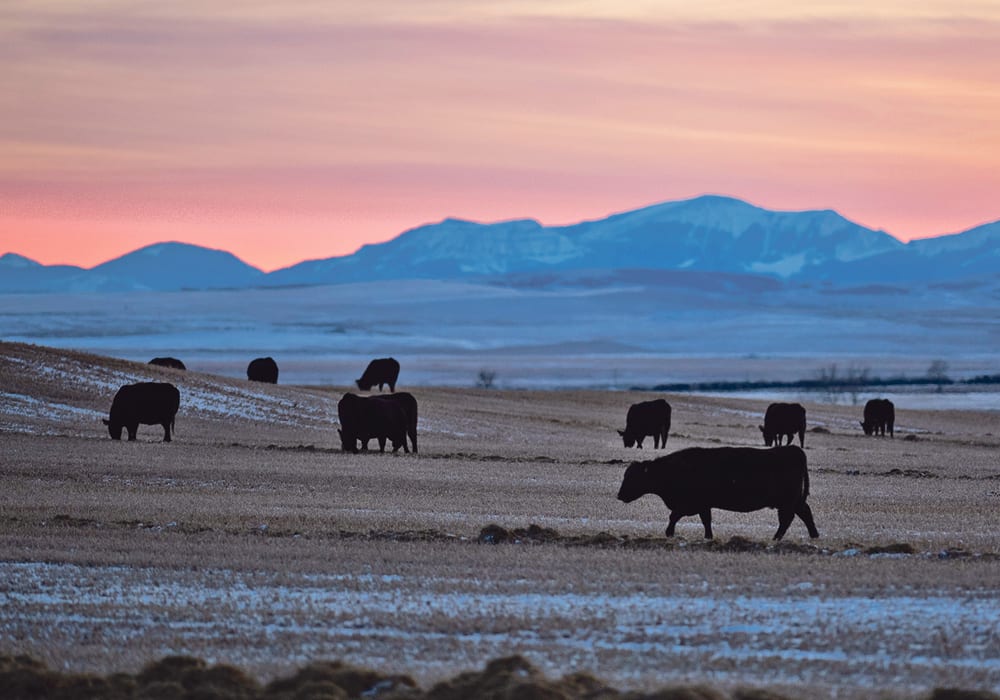Members of the Canadian Federation of Agriculture say interprovincial meat trade should be a priority for the body looking at enhancing free trade within the country.
Delegates to last week’s annual general meeting voted in favour of a resolution put forward by Keystone Agricultural Producers to refer the issue to the Regulation Reconciliation and Co-operation Table.
The table was established under the Canadian Free Trade Agreement in 2017 to improve the regulatory environment.
KAP president Bill Campbell said COVID-19 shone a light on issues of meat availability and processing.
Read Also
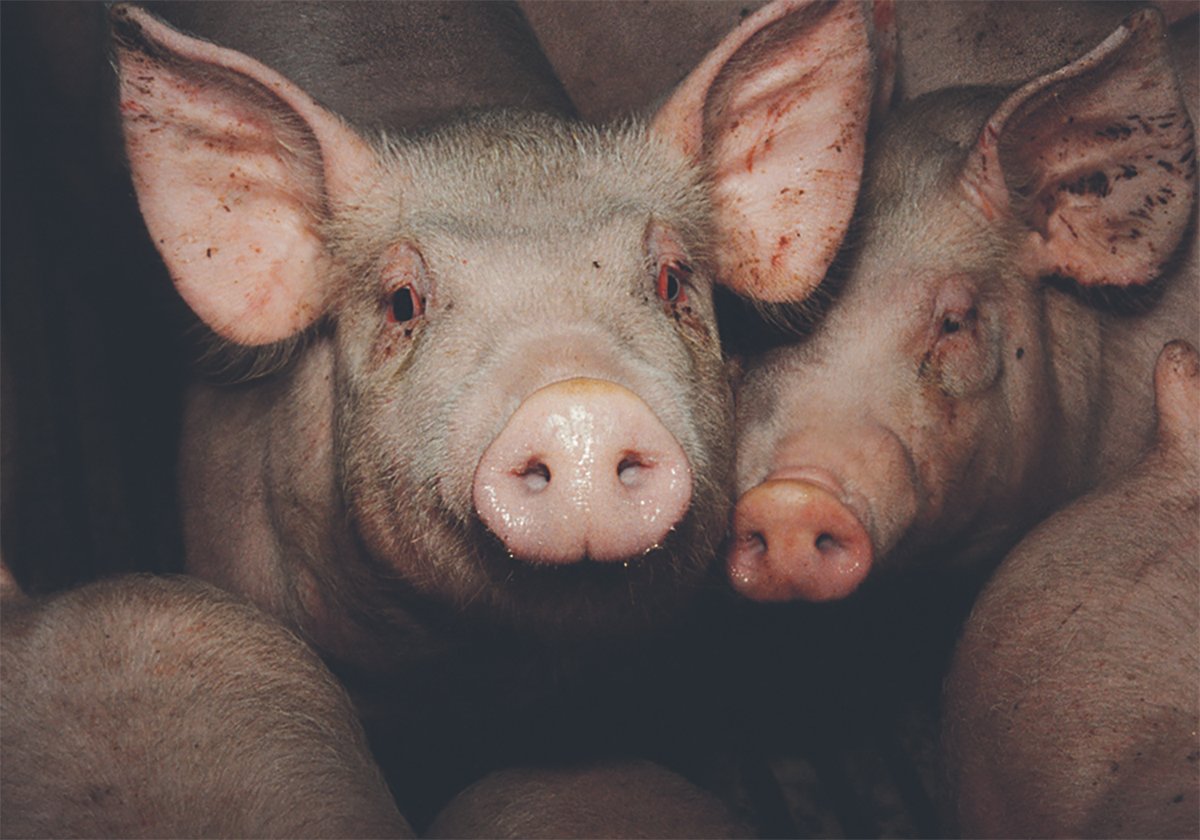
The Western Producer Livestock Report – October 30, 2025
Western Producer Livestock Report for October 30, 2025. See U.S. & Canadian hog prices, Canadian bison & lamb market data and sales insights.
“We understand that it is illegal to sell provincially inspected meat outside the boundaries of your province,” he said while moving the resolution. “This is prohibitive for the insurance of the marketing of our livestock and also the availability to consumers.”
He said COVID illustrated the problems that occur throughout the supply chain when a large packing plant goes down. Changing the rules around interprovincial trade could enhance local abattoirs and processing, he said, while ensuring supply.
“I think this also has some benefits with regard to the shop local and the whole public trust conversation,” Campbell said.
Marcel Groleau from the Union des Producteurs Agricoles in Quebec said his organization supported the motion.
He noted there are farmers on both sides of the Quebec-Ontario border who would naturally serve customers in the other province but are prohibited from doing so.
“We really need to find a way of enabling the interprovincial trade of meats that are provincially inspected,” Groleau said. “It already can be done for vegetables. It can be done for processed foods, so really we need this regulation to evolve.”
The Alberta Federation of Agriculture’s Lynn Jacobson said this discussion has gone on for years and it’s time to urge the government to come to a resolution.
Processors could become federally inspected, which would allow them to ship across Canada, but that is a significant cost, he said.
Campbell said he recognized that those plants have enhanced rules for export and that they will continue to serve export markets.
But he questioned why meat inspected in one province isn’t good enough for consumers in another.
“If it’s good enough for me in Manitoba it should be good enough for anyone else in Canada,” he said.
The motion passed with 94 percent of the delegates in favour.
Meanwhile, KAP put forward another resolution dealing with livestock.
It called for ultrasound technicians to be able to detect pregnancies in sheep, rather than requiring a veterinarian to do so.
Campbell brought the motion on behalf of the Manitoba Sheep Association.
He said ultrasound is a management tool that not all sheep producers can access because of the limited number of veterinarians.
“There are also other livestock industries that utilize the ultrasound technology without utilizing vet services, but the sheep industry would like to be able to use accredited technicians to be able to determine pregnancy,” he said. “This resolution would not affect the vet-client relationship that is currently required under CFIA.”
As well, it would support the sheep sector in Canada, he added.
Groleau said Quebec is experiencing similar issues with regard to the lack of veterinarians.
“More and more of these vets are caring for pets instead of our animals and there are few vets available in remote areas. We need to have access to technicians for some of these tasks, or to people who are trained specifically for these tasks,” he said.
That motion also passed almost unanimously.




